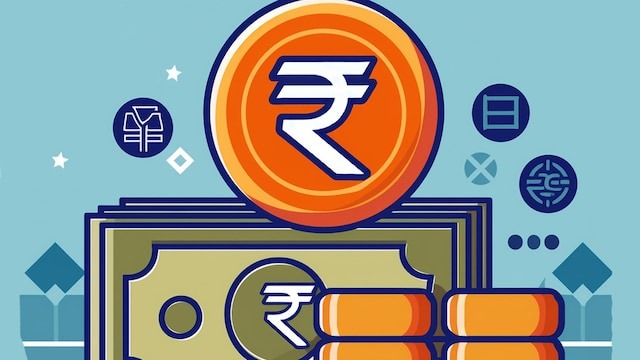
The results released by consumer goods companies for the second quarter of the financial year 2025 have pointed to a slowdown in urban consumption. These companies include companies from various sectors including FMCG companies Nestle India and Hindustan Unilever Limited (HUL) and auto manufacturer Maruti Suzuki.
How dangerous is this slowdown?
According to the Finance Ministry's Monthly Economic Report, volume growth in the fast moving consumer goods sector has fallen from 10.1% in the first quarter to 2.8% in the second quarter. This is also visible in the performance of major consumer companies. Nestle India and HUL also struggled to register flat revenue growth in the second quarter, where their profits declined. India's leading car manufacturing company Maruti Suzuki saw a 4% decline in domestic volume. Its profit fell by 17%. The company has blamed the lack of demand from urban middle class consumers for this disappointing performance. Why did the demand decline? According to Mint, even though the southwest monsoon has affected the demand, experts have blamed more serious factors for the slowdown in consumption. In fact, growth in urban income is sluggish, forcing people to reduce their spending. According to Nomura, salary expense growth among listed non-financial companies was only 0.8% in the second quarter of FY25, compared to a 10.8% increase in FY23. How will it affect economic growth? Private consumption contributes the most to economic growth. If it continues to decline, it can significantly impact growth. Experts expect this to not last long and strong festive demand will improve it. If this does not happen, the RBI is more likely to change the growth forecast for 2024-25 from the estimated 7.2%. At present, the major engines of growth, private investment and exports, also remain sluggish. This leaves public expenditure as the only driver of the Indian economy. One way the government can play a role is to put money in the hands of the people and hope that they will spend it. The Centre did the same in the recent Union Budget, where it cut income tax rates for the middle class to boost demand. Many state governments are offering cash transfers to people. Economists believe the number is up to Rs 12 trillion on an annual basis. But consumption will only come back on track when sentiments improve and that will happen when there will be more hiring in India and existing employees will get good growth.
--Advertisement--

 Share
Share



